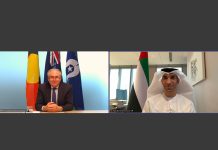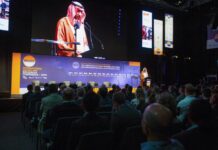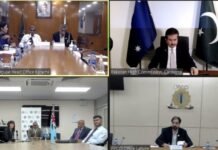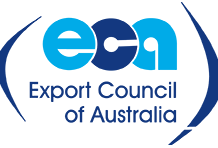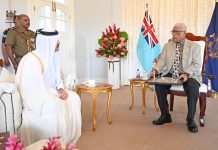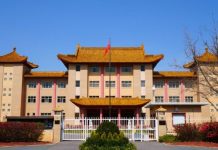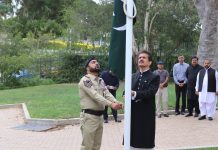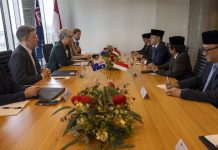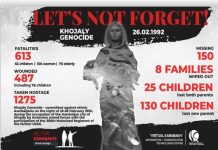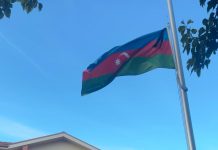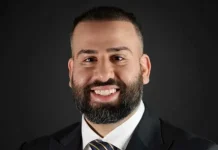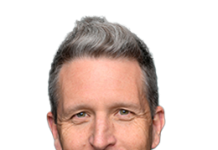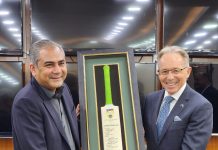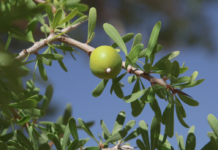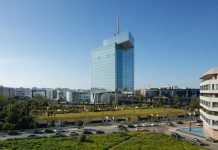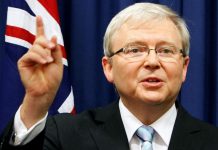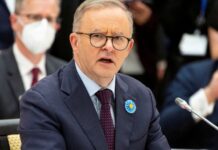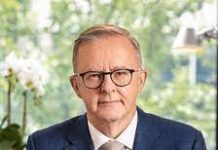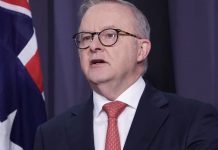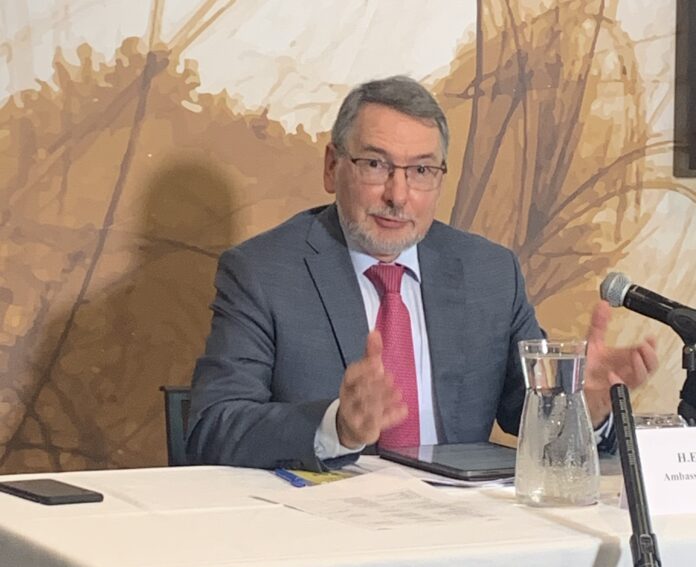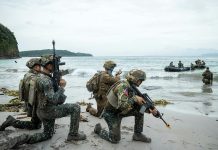Russian ambassador to Australia Dr Alexey Pavlosky Friday censures Australia for fanning hysteria about a possible invasion of Ukraine while rejecting the western notion of a military build-up along Ukraine’s border as an act of aggression.
“The large build-up of Russian troops on the border is not a “threat” but a “warning” to Kyiv to abide by the peace agreements”, he told a press conference in Canberra after Russian Embassy received numerous queries from Australian media on the situation of Eastern Europe.
Ambassador Alexey Pavlovsky played down the prospect of war, saying Russia had been moving troops to the region for months rather than moving speedily, which he argued was a “funny way to prepare an invasion”.
He insisted that the massive show of force could not be described as a “threat” or as an act of “aggression”.
“Russian troops are inside of Russian territory and every state has every right to mobilise their troops inside their territory whenever and wherever it likes to do”, he told reporters.
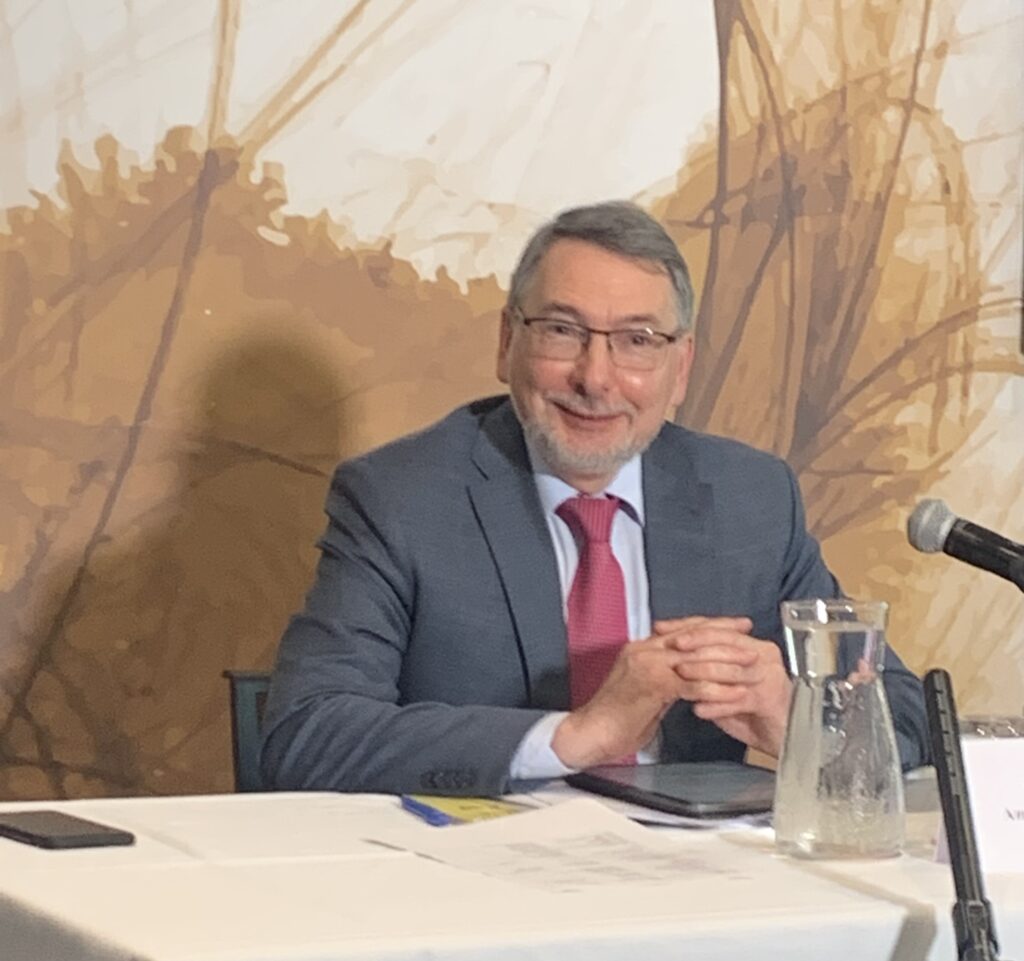
“Our troops are not a threat. They are a warning to Ukraine not to try any reckless military adventures, not to interpret the support they have from the West as carte blanche to do such crazy things,” he said.
Dr Pavlovsky said Russia remained worried that Ukrainian forces might launch fresh attacks on pro-Russian militias in separatist-held regions in the country’s east.
“We cannot afford ethnic cleansing just across the border,” he said.
Dr Pavlovsky also warned that the West’s support for Ukraine could “embolden” the country to “sabotage” the Minsk Agreements to give more autonomy to some Russian-speaking regions of Ukraine.
“We support Minsk arrangements, we want them implemented, we want a special status for these regions inside Ukraine – there’s the position of the Russian government,” Mr Pavlosky said.
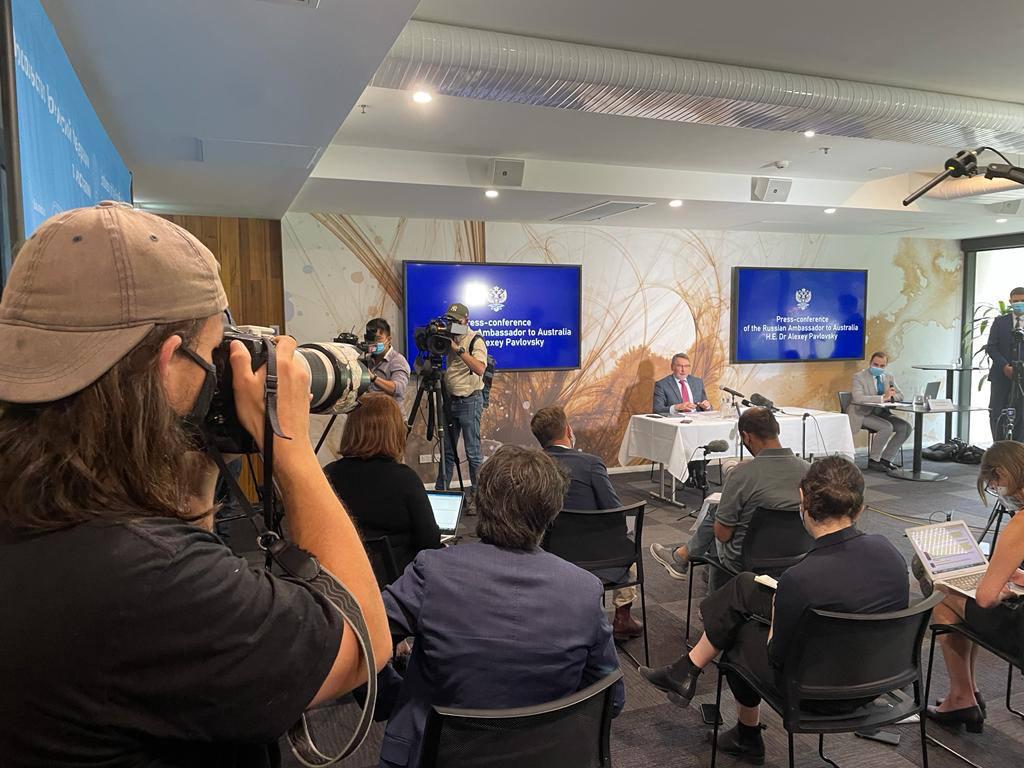
“When the Western countries now, including Australia, are expressing their support either verbally or in material terms, by sending arms to Ukraine, they embolden Kyiv to continue their line of sabotage.
“That’s why we think such expressions of support are very dangerous because they could lead to provocations, they lead to war.”
Russian Ambassador lamented the Australian government decision to withdraw the family members of Australian diplomats from Kyiv.
“This decision is “regrettable” because it does contribute to elevating tensions”.
“We are very concerned when people who are thousands of miles away are fanning hysteria,” he said.
Dr Pavlovsky took aim at broader criticism of Russia’s actions within Australia, saying journalists and politicians were captivated by “comic-style propaganda of liberal democracies versus autocracies”.
“Australians definitely are entitled to more meaningful understanding of the situation than comic book style propaganda like Batman versus Joker”, he added.
“Really, I’m not sure that Australian colleagues really understand what [this] is all about, because Minsk arrangements are never – or almost never – mentioned in the Australian press or statements”, he said.
Russian Ambassador took a swipe at Defence Minister Peter Dutton’s comments earlier this week, where he labelled Russian president Vladimir Putin an ageing “dictator” who was becoming “more and more irrational”.
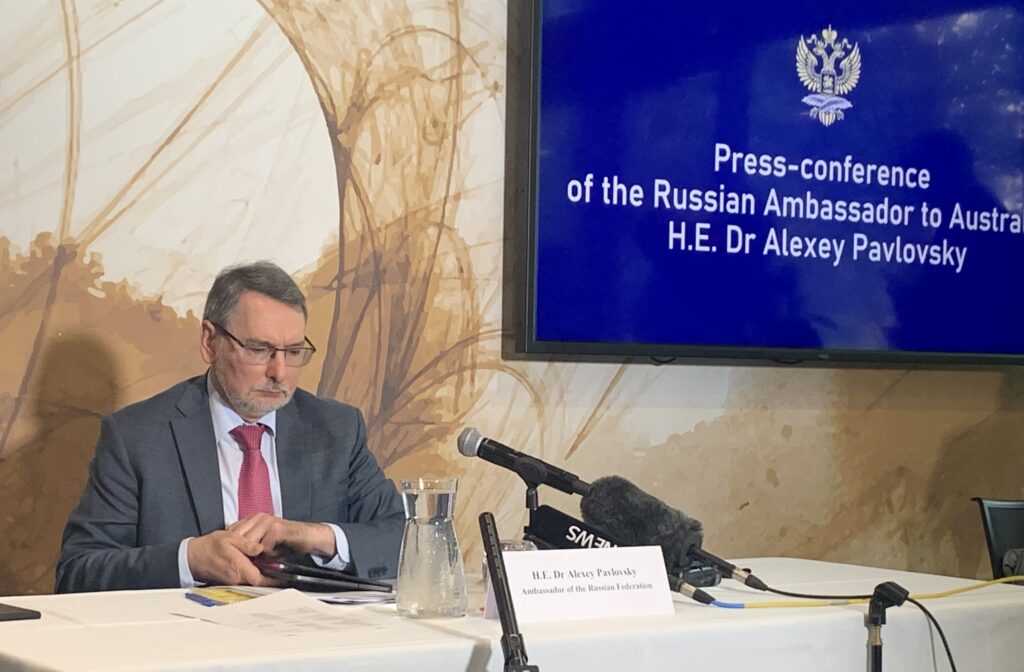
Dr Pavlovsky told reporters that if such comment were the level of analysis informing Australian policy “then it is definitely a worrying sign”.
He also dismissed the prospect of Australia and other Western countries heaping more sanctions on Russia.
“It should be crystal clear that sanctions don’t work. More than that, they damage the economies and companies and countries that impose sanctions. A little bit of a high price just to make a gesture”, Ambassador said.
On a question, Dr Pavlovsky said Russia had never shown any disrespect to the sovereignty of Ukraine, claiming Kyiv had committed more than 3000 ceasefire violations since the new year.
Federal authorities earlier suggested Australia could look to help supply gas to Europe should Russia decide to cut supplies.
Dr Pavlovsky wished Australia “good luck” in entering the European gas market but warned that trade should not be politicised.
“Russia is a champion of free trade and never failed in her commitments to supply gas to Europe”, he concluded.



